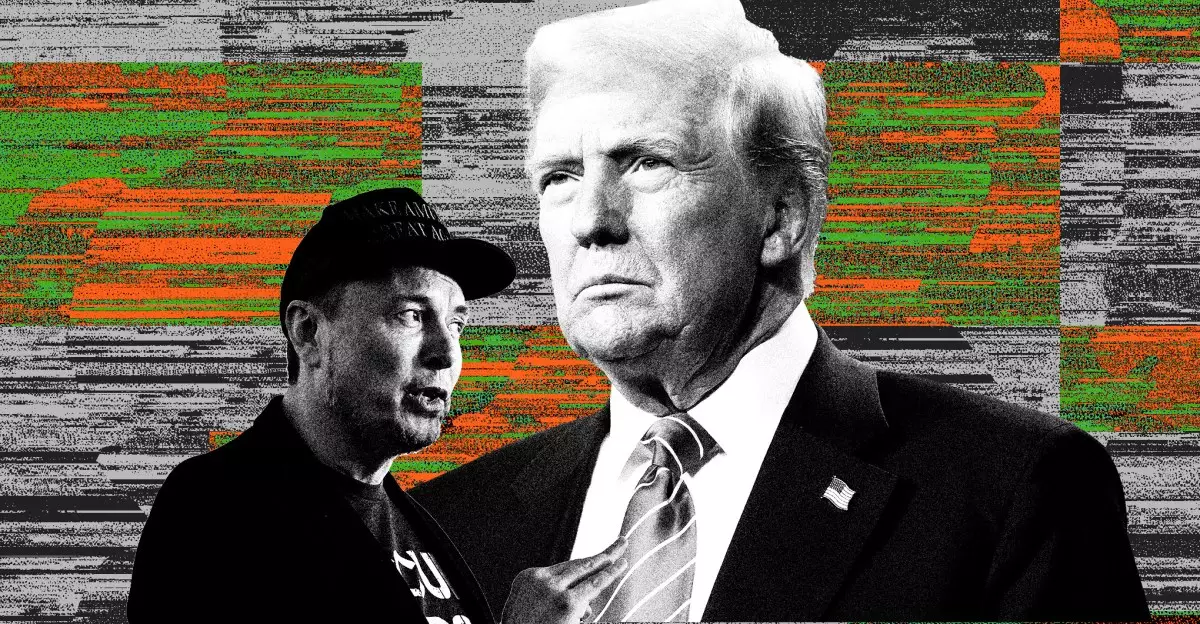In the wake of unprecedented events that transpired on January 6, 2021, the realm of social media has emerged as a pivotal battleground for political discourse. The aftermath saw not only the physical clash of ideologies but also a legal and digital clash over the power and responsibilities of platforms like Twitter, now rebranded as X under Elon Musk’s leadership. The recent settlement involving Trump’s lawsuit against X illuminates the complex interplay between social media policies, political power, and legal accountability.
Donald Trump’s expansive legal actions reflect an underlying concern regarding social media’s role as a gatekeeper in political communication. He pursued legal measures against several major platforms, claiming that their decisions to suspend his accounts were unjust and politically motivated. Trump asserted that these actions infringed upon his free speech rights. While this specific lawsuit against Twitter encountered a judicial roadblock, his ongoing disputes with platforms like Google highlight a continuous struggle for market voice, particularly for figures at the forefront of contentious political issues.
According to reports, X has opted to settle with Trump for approximately $10 million. While this might appear a substantial concession, it raises pertinent questions regarding the implications of such settlements in relation to free speech versus platform governance. Musk’s administration of X has displayed an inclination towards altering policy frameworks and user engagement strategies, thereby drawing public attention to the responsibilities of social media in shaping narratives. The decision to settle, while possibly pragmatic, may also indicate an understanding of the delicate balance platforms must maintain to prevent litigation related to controversial content moderation.
The settlements involving Trump and other social networks encapsulate a broader dialogue about accountability within digital spaces. Meta’s recent agreement to pay Trump $25 million further underscores the challenges these platforms face. Engaging the political realm necessitates navigating a minefield of dynamic public opinion, potential backlash, and legal ramifications. The recent court decisions favoring companies often underscore the struggle by users—especially those with significant political clout—to negotiate their digital presence effectively.
The financial implications of these settlements, cumulatively amounting to significant sums, not only reflect the monetary stakes involved but also signal the evolving relationship between technology and politics. Elon Musk’s role in this context is particularly telling. As a leading figure who possesses substantial influence over a major social media platform, his decisions can wield considerable impact on electoral dynamics and the capabilities of political figures. The repercussions of these legal battles may furthermore embolden or deter other public figures in their digital pursuits, shaping future interactions between politicians and the platforms they utilize.
As the discussion continues surrounding the governance of social media platforms and their influence in political contexts, the case of Trump versus X illustrates a complicated tapestry where legal, ethical, and social considerations converge. The outcomes of these disputes will likely set precedents for how social media acts as both a facilitator and regulator of political expression, raising important implications for democracy in the digital age.


Leave a Reply